By Samantha Ceceli, PA-C
Approximately one in three adults in the United States have reported receiving a depression diagnosis in their lifetime. Unfortunately, this alarming statistic also extends to children and adolescents and continues to rise, as rates of depression have climbed from 3.1% to 4.0% between 2016 and 2020.
We at MedPsych treat child and adolescent depression frequently. Here are some basics in understanding depression.
Signs and symptoms of depression
Depression can be characterized by several mood-related symptoms that significantly affect daily life, including:
· sadness
· feelings of hopelessness
· feelings of worthlessness
· loss of pleasure in events/activities that were formerly enjoyable
· loss of energy and/or motivation
· difficulty maintaining concentration
· changes in appetite
· thoughts of harming self or thoughts of suicide
In depression, these symptoms are a source of significant discomfort and interference with day-to-day activities, potentially affecting interpersonal, academic, or professional aspects of life.
These core symptoms of depression may be difficult for individuals close to the affected person to immediately identify. Other, more externally apparent signs of depression may include increased irritability, impulsivity, substance use, social isolation, and difficulty managing responsibilities (e.g., school or work).
The importance of early intervention
Early intervention is crucial for dampening the prolonged burden of this disorder. Early intervention can refer to a therapeutic response to the first or first few presentations of a depressive episode, with the goal of alleviating the discomfort and recurrence of another depressive event.
Therapeutic approaches
Cognitive-behavioral therapy (commonly known as CBT) is a method of psychotherapy that involves addressing our thoughts, beliefs, and behaviors to ultimately change them to improve our well-being. For instance, an individual in a depressed state may form conclusions based on incomplete information, such as thinking that someone does not like them because they ignored them. This negative thought and the feelings associated with it (e.g., sadness, embarrassment) may give rise to maladaptive behaviors, such as ignoring the person back and/or distancing. In CBT, these thoughts and feelings would be addressed to form a more neutral stance that can alleviate the depressed mood and maladaptive behaviors (e.g., maybe the person did not notice them, or did not feel well).
Pharmacotherapy: The most effective form of treatment for depression is the combination of psychotherapy and pharmaceutical interventions such as antidepressants. Pharmacotherapy should be integrated into the patient’s treatment plan under close and continuous supervision by a certified psychiatric healthcare professional, as the type, dosage, and duration of treatment can vary substantially between individuals due to age and severity of disease.
Preventative and protective measures
Depression is a complex disorder and managing its detrimental effects, especially in children and adolescents, may require a collective effort that includes the affected individual, family, friends, educators, and mental health professionals.
- Early professional intervention: Young adults may be reserved about disclosing their thoughts and feelings, especially during depressive episodes. Reaching out to a mental health professional can be key in facilitating open lines of communication to detect the underlying causes of depression and formulating an effective treatment plan.
- Supportive environment: Maintaining a multi-layered support system can be beneficial in managing depression. Family, friends, and community and school resources can play important roles in providing emotional and academic support throughout recovery.
- Education: Better understanding depression, for both the affected individuals and their support systems, can promote early detection and reduce stigma to improve treatment outcomes.
- Emotional resilience: Teaching children and adolescents adaptive coping skills including emotion regulation and stress management can serve as protective mechanisms in the face of challenge.
- Healthy lifestyle: Encouraging regular exercise, adequate sleep, and a well-balanced diet can contribute to overall mental well-being (Stanton et al., 2014, Aust. J. Prim. Health).
Understanding and addressing depression among children and adolescents involves the collective involvement of family, friends, educators, mental health professionals, and the broader community. With early professional intervention, emotional support, and a nurturing environment, we can help young individuals overcome the debilitating hold of depression and promote a healthier and happier future.
The team at MedPsych Associates is here to help. If you would like a consultation please reach out to [email protected] or sign up for an appointment on our website.
Samantha Ceceli is a Psychiatric Physicians Assistant at MedPsych Associates who works with children, adolescents and adults.




